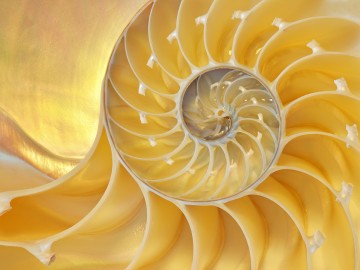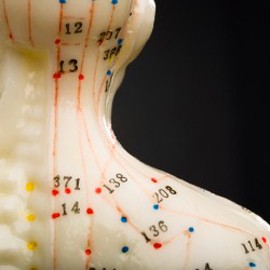Stress has an adverse effect on health.
The adverse influence of stress on health and immune function has been recognized for centuries. Louis Pasteur, in 1878, performed lab experiments and determined that animals exposed to various stressors were more likely to succumb to disease when exposed to a pathogenic factor than animals that were not stressed. In 1935, Dr. Walter B. Cannon, of Harvard University, first developed the Fight or Flight Response theory of acute stress response. His research confirmed that physical and emotional stressors can elicit physiological changes throughout the body. The popularization of the term stress began in 1946 with the work of Hans Selye who explored the role that stress plays in the development of disease. He determined that the stress response consists of an interaction among the sympathetic nervous system, the pituitary gland and the adrenal gland.
Dr. Herbert Benson, professor, author, cardiologist, and founder of Harvard’s Mind/Body Medical Institute, coined the term, Relaxation Response. The relaxation response is defined as your personal ability to encourage your body to release chemicals and brain signals that make your muscles and organs slow down and increase blood flow to the brain.
In most cases of stress, the body responds positively, the stress response diminishes and the body activity returns to normal. If, however, stress is severe or prolonged, the stress response becomes a negative influence on the body.
Minor symptoms of stress include:
- fatigue
- insomnia
- muscle tension and pain in the neck, shoulders or back
- indigestion
- diarrhea
- heart palpitations
- headache
- poor mental function
- irritability
Chronic unmanaged stress can hasten the development of certain diseases including:
- hypertension
- heart disease
- stroke
- kidney disease
- GI ailments such as IBS
- excema
- adrenal fatigue
- anxiety and mood disorders
Many studies have demonstrated the benefits of acupuncture on the physiological mechanisms of stress. One such study in the Journal of Endocrinology, March 2013, found lower levels of the stress hormones ACTH and cortisol in lab animals that were treated with acupuncture versus the animals that were not treated. Another study conducted at the University of York, UK, September 2013, found that acupuncture is as effective as counseling and more effective than antidepressant medication alone in the treatment of depression.
STUDIES
- Acupuncture blocks cold stress-induced increases in the hypothalamus-pituitary-adrenal axis in the rat, Eshkevari L, Permaul E, Mulroney SE. (2013), J Endocrinol, 217 (1): 95-104. doi: 10.1530/JOE-12-0404
- Acupuncture for Anxiety. CNS Neuroscience & Therapeutics, Errington-Evans, N. (2012), 18: 277: 284. doi: 10.1111/j.1755-5949.2011.00254.x
- Acupuncture and Counselling for Depression in Primary Care: A Randomised Controlled Trial, MacPherson H, Richmond S, Bland M, Brealey S, Gabe R, et al. (2013), PLoS Med 10(9): e1001518. doi:10.1371/journal.pmed.1001518
Acupuncture is an excellent treatment for dealing with chronic stress especially when used with a plan of exercise, yoga, meditation and sleep rehabilitation.




